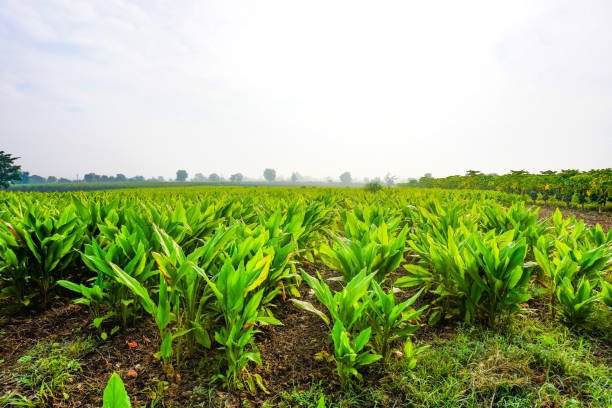Friday, 6 February 2026

Image Source: iStockphoto
In a significant step to improve the income and competitiveness of spice farmers in Andhra Pradesh, the National Bank for Agriculture and Rural Development (NABARD) and the Indian Council of Agricultural Research’s National Institute of Research on Crop Analysis (ICAR-NIRCA) have jointly launched a training programme focused on post-harvest management of turmeric and chilli. The initiative was formally announced at the NIRCA campus in Rajamahendravaram during a special farmer–scientist interaction session.
The program targets individual farmers and Farmers’ Producer Organisations (FPOs) across East Godavari district—one of the country’s major spice-growing belts—equipping them with modern techniques for handling, storing, and processing turmeric and chilli. These two crops are central to the local rural economy and have significant export potential when properly processed and preserved.
Officials from NABARD and NIRCA stressed that poor post-harvest handling leads to substantial crop loss, degradation in quality, and reduced market value. Scientific storage and processing not only help reduce spoilage and microbial contamination but also enable farmers to fetch better prices in both domestic and international markets.
The training initiative includes hands-on, field-level capacity building for farmers and FPOs. Participants are being taught critical techniques such as improved drying methods, grading standards, safe storage practices, and packaging for value addition. The training also introduces advanced post-harvest machinery and technologies to streamline operations and ensure product hygiene and quality certification compliance.
Dr. M. Sheshu Madhav, Director of NIRCA, along with NABARD representatives, is leading the sessions, making the programme highly interactive and practice-oriented. Farmers are being guided on how to maintain optimal moisture levels, avoid aflatoxin contamination, and adhere to food safety standards—essential for accessing high-value supply chains.
The initiative is aligned with NABARD’s broader strategy of promoting value addition at the farm gate and empowering rural communities through capacity-building and technology dissemination. By strengthening FPOs and enabling them to act as collective processors and marketers, the programme also supports the long-term goal of transforming farmers into organised agri-entrepreneurs.
The training aims to significantly reduce post-harvest losses, which in the case of spices can range from 15 per cent to 30 per cent depending on storage conditions. With growing global demand for Indian turmeric and chilly, especially in wellness and food sectors, improving post-harvest care directly translates into better price realization for farmers.
According to NABARD officials, the program will be replicated in other spice-producing regions based on the learnings from this pilot. It is also expected to build a cadre of trained FPO managers and progressive farmers who can serve as resource persons in their local clusters.
This collaborative move between NABARD and ICAR-NIRCA not only boosts rural incomes but also aligns with India’s agri-export ambitions and the government’s push for climate-smart and quality-assured agriculture. By focusing on reducing inefficiencies and losses in the value chain, the initiative is a timely and scalable solution to longstanding challenges in Indian spice farming.